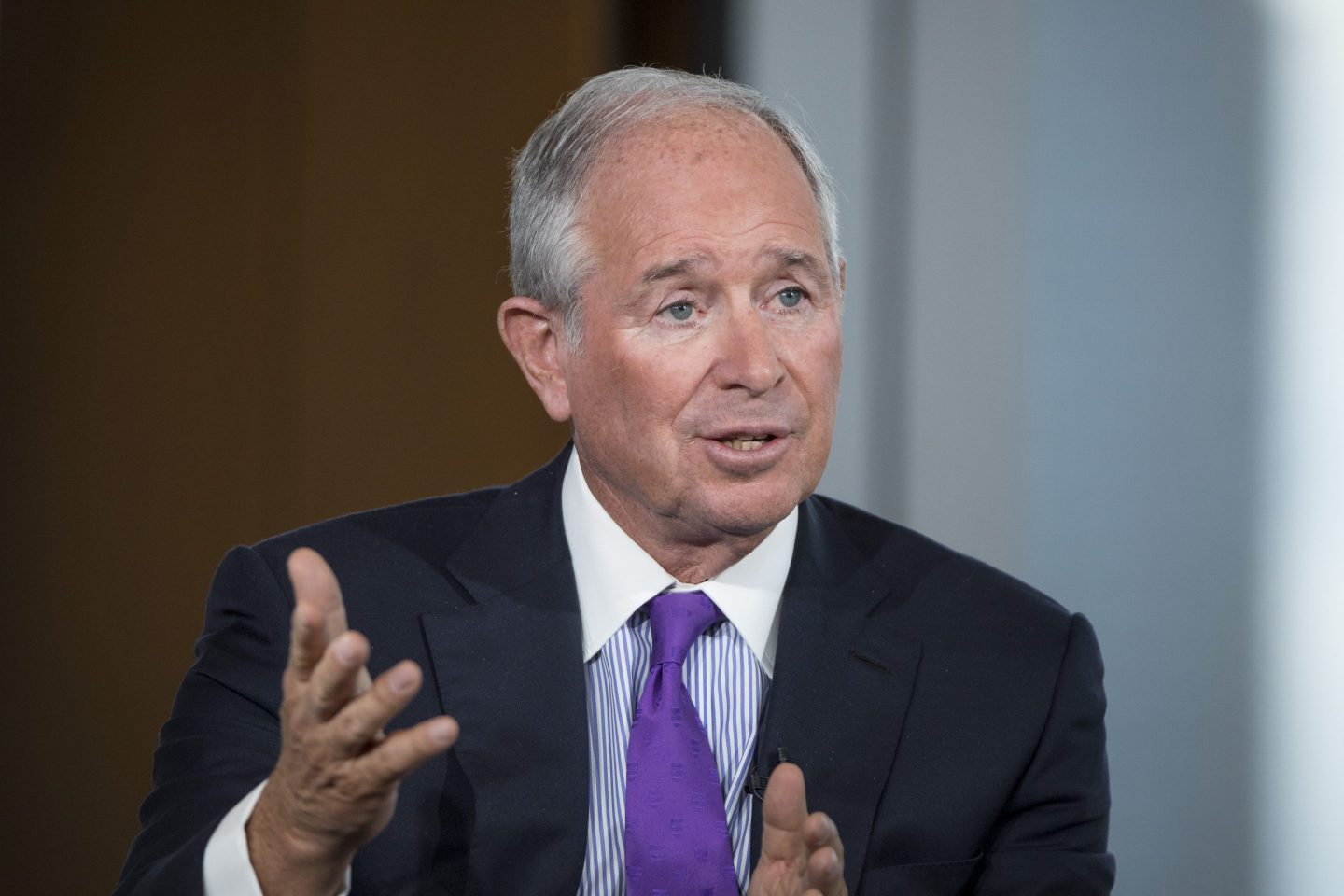It’s a gusher.
U.S. oil production could reach 11.8 million barrels a day next year, the U.S. Energy Information Administration predicts in its July short-term energy outlook. That would make it the world’s biggest oil producer, ahead of Saudi Arabia and Russia, for the first time since the mid-1970s.
As a result, American oil imports could drop as low as 1.6 million barrels a day, which would be the lowest level since 1958.
America’s massive production capacity has helped it reshape the world energy market and given it diplomatic leverage. Late last month, for example, the U.S. asked Saudi Arabia to produce more oil to stabilize global energy prices. Iran’s OPEC representative complained that the effort undermined OPEC members, which include Saudi Arabia.
Russia and Saudi Arabia produced around 10 million barrels a day last year, the Associated Press reports. So if they do raise production by next year, they could keep pace with the U.S.
#ThisWeekInPetroleum – EIA expects #Brent crude #oil prices to average $73 per barrel in the second half of 2018, then fall to $69 per barrel in 2019 https://t.co/4PuYCzXjc6 #STEO pic.twitter.com/kWf4v42na2
— EIA (@EIAgov) July 11, 2018
The American oil and gas boom of the last decade is a product of its decades-old investment in unconventional drilling technology, such as fracking. Oil wells now send drills horizontally through weak layers in rock and sediment to search for previously inaccessible reserves. Such techniques can break open underground rock and release more oil and natural gas.
But analysts warned last week that underinvestment in new exploration could drive prices higher than the 2008 record of $150 a barrel. Another factor for pricing is getting all that new production, from places like Texas, through pipelines built in a different era fast enough to satisfy growing global demand.
Still, the EIA predicts that Brent crude oil prices will drop to $69 a barrel next year, from an estimated $73 a barrel this year.











